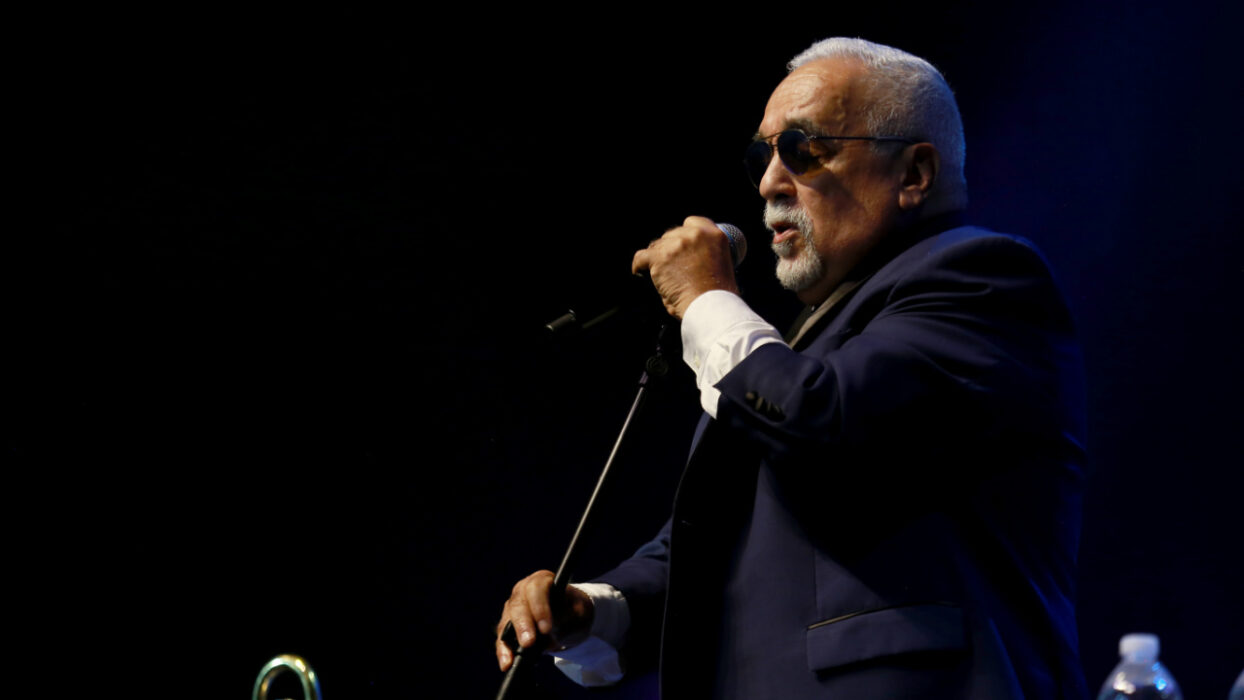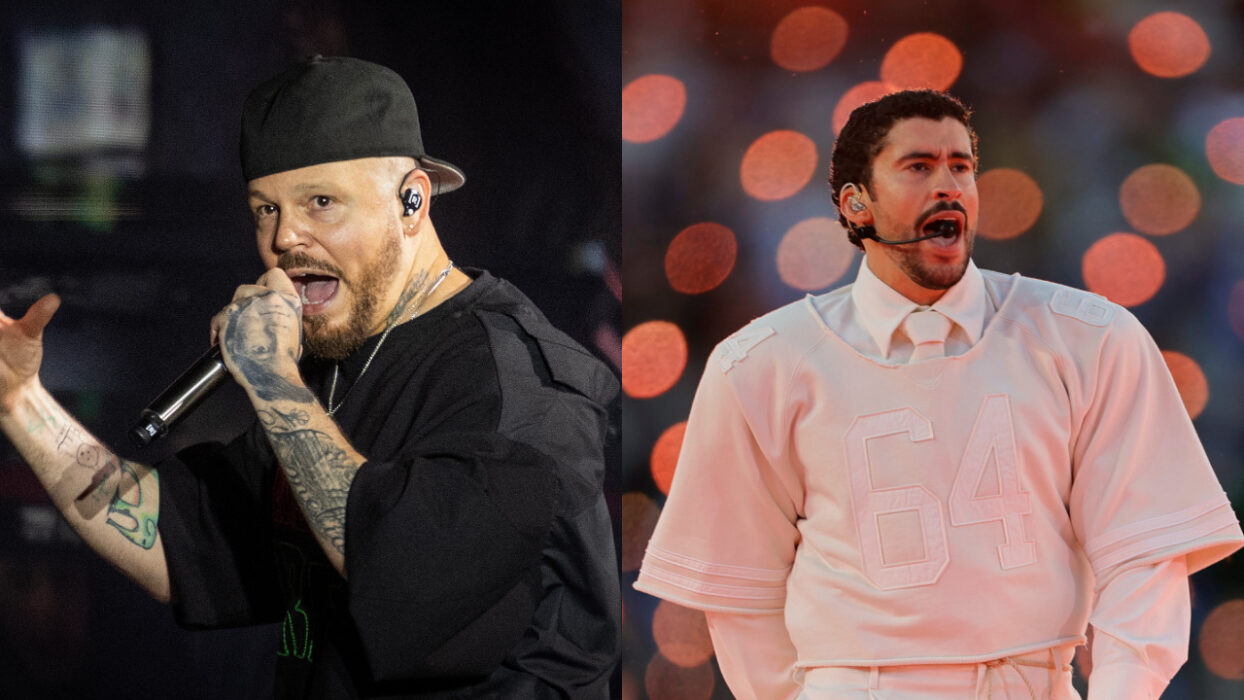
“When I Was Little I Hated Him” — Ángela Aguilar Gets Honest About Her Life and Career
If there’s one thing to take away from Ángela Aguilar’s latest interview with Elle Mexico, where she was also featured on this month’s cover, it’s that she doesn’t want things to be easy. Coming from a musical family known as the Aguilar Dynasty, Ángela could have easily taken a shortcut based on her name alone. Instead, she saw it as an opportunity to live up to her family’s name instead of living in its shadow.
Aguilar talked to Elle Mexico’s Natalia Chavez about the work she’s done thus far and where she plans to go from here. At just 18 years old, Aguilar is already celebrating the decennial anniversary of her first album, “Nueva Tradición,” and a Grammy nomination for her 2018 release, “Primero Soy Mexicana.”
“I was surrounded by the best musicians, sound engineers and composers,” she said in response to a question about whether she grew up too fast. “I was in an adult environment and I had to learn to mature very quickly.” Being raised in a family of musicians, it didn’t take long for Aguilar to know what it would take to be successful.
Although she initially started singing on stage with her father and brother when she was seven years old, Aguilar has developed a fan base of her own and regularly plays to crowds of 10,000 people or more. Aguilar started studying music when she was just three and opera until she was five. From a young age, she was driven by the challenge to reach something that resembles perfection.
“For me, if something is not difficult, it is not fun,” she said. Explaining more about why she decided to pursue Regional Mexican music, she said, “The only genre that was difficult for me was Mexican music, because there’s a mini-symphony behind you with mariachi, and having so many people is a lot of responsibility. The songs I sing are traditional and require a lot of vocal control, a lot of falsettos, a lot of harmony changes, that was what interested me the most.”
Throughout her career, and especially during her time in the studio, Aguilar takes the word “overachiever” to a whole other level. In the interview, she mentions how she’ll regularly do 45 takes or more of a single line, until she has to basically be ripped away from the microphone by her dad, who sparked her love of music by gifting her an iPod full of music in every genre, from Jay-Z to Luke Bryan.
That initial exposure to music and the endless ways one can produce it had a major impact on Aguilar’s style. In exploring her own authenticity as an artist, she’s become more comfortable blending the genres she loves into something that’s unique to her voice. “That’s what I like the most, being able to do these modulations,” she said. “Imagine Mexican music with R&B.”
Aguilar’s perfectionist attitude didn’t exactly come out of nowhere. In fact, it was the result of a calculated effort by Aguilar’s father to push her towards greatness, particularly in the early years of her career. “When I was little I hated him,” she said. “On my first tour I was fifteen years old and I had barely learned twenty songs. When I left the concert to the dressing room my dad would take out his notebook or his cell phone and point out to me everything I had done wrong.”
Looking back on it now, she feels indebted to her father’s dedication to her success. “I see it differently,” she admitted, adding, “I am fortunate to be accompanied by my family” on tours, where it can get lonely to play for 10,000 people only to return to an empty hotel room.
What’s even more alienating is the fact that, as a young woman in an industry dominated by exploitative men and fans alike, Aguilar has to fight to be taken seriously despite her undeniable success. She mentions how her brother is asked about his art and his future while she’s often asked about her clothes. “I love fashion, but we can talk about other topics, about everything,” she said.
Even worse was, upon turning 18, how many of her so-called fans started to say things like “She’s legal now” or “Now we can do what we want with her.” Aguilar cited a particularly egregious example where a newspaper published a photomontage of her throughout the years, leading to her 18th birthday, saying, “I never wanted so much to be an unknown person.”
Chavez asks what it is she’s learned from the experiences, to which she says, “We have to be very careful with how we take care of ourselves. Women live in a society where sadly it is us against the world,” adding, “It is very difficult but there is no need to explain to anyone what is happening in your life, no one can get your truths out of you because they are yours.” Aguilar stresses how healthy it was for her to establish boundaries about her personal life and give herself a space where she could be vulnerable.
Ultimately, Aguilar feels that, in a lot of ways, we’re moving backward in terms of equality for women. “Especially in the United States,” she said, referencing the recent overturning of Roe v. Wade. “There is more freedom to transition, there is a lot of progress, but we have not reached where we should,” adding that many people are failing the mothers and grandmothers who fought for equality.
Whenever the changes she sees before her threaten to become too much to bear, Aguilar returns to a dialogue with her younger self, the little girl who wanted to follow in her family’s footsteps and be exactly where she is today. Of course, the reality of things is never what one thinks they’ll be, but Aguilar knows that better than most. “I have already learned that peace is much better than happiness,” she said, “because when you are at peace, happiness comes.”




